
The GNI Startups Lab Hispanoamérica program was created and launched in mid-2021 by Sembramedia, with the support of Google News Initiative, and its objective is to strengthen the structures and business models of 10 digital native media in Latin America.

In recent years, there has been a spring of feminist media in Latin America, many starting alongside the MeToo (United States, 2017) or Ni una menos (Argentina, 2015) movements, which seek to vindicate the issues of women, trans women and the LGBTQ+ communities in media content and public discussion.
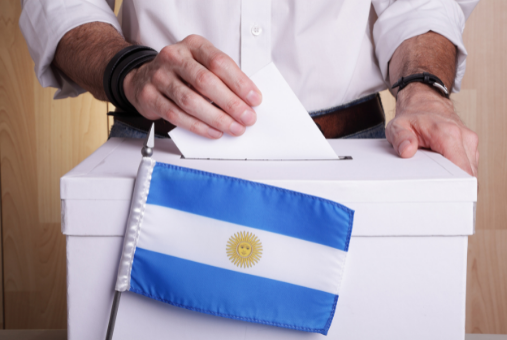
Speed and reach are the cornerstones of the second iteration of Reverso — a collaboration of Argentinian media organizations fighting election misinformation organized by fact-checking organization Chequeado.

Twenty one media outlets from nine countries in Latin America will benefit from US $2 million as part of the Google News Initiative (GNI) Innovation Challenge to improve operations, strengthen business models, create new products and more. “Innovating, essentially, is developing creative and transformative processes and exploring new approaches to change the way an organization […]

Solutions journalism has had a special reception in Argentina, a country where it has been present for several years and where it continues to expand. For this reason, we interviewed two local journalists whose media outlets have become benchmarks for this journalistic approach.
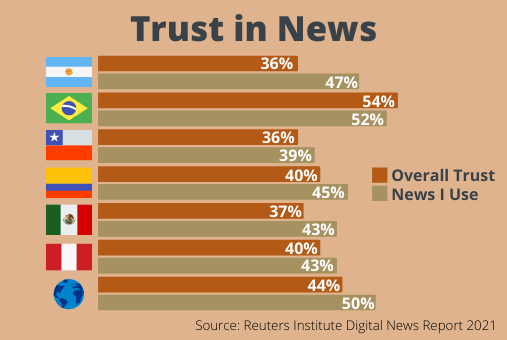
Globally, trust in the news grew six percentage points and reached 44 percent, according to the 2021 Digital News Report, by the Reuters Institute. In the six Latin American countries investigated, however, general trust in the news is lower, reaching an average of 40.5 percent. In the region, confidence is lowest in Argentina and Chile (36%) and highest in Brazil (54%).
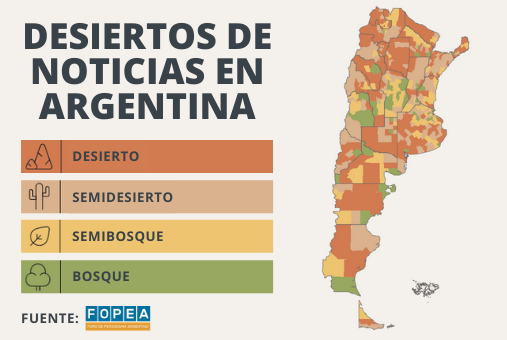
6,600,000 Argentines, equivalent to 16.7 percent of the population, live in places where there is no independent press outlet, that is, in news deserts, according to a study by FOPEA.
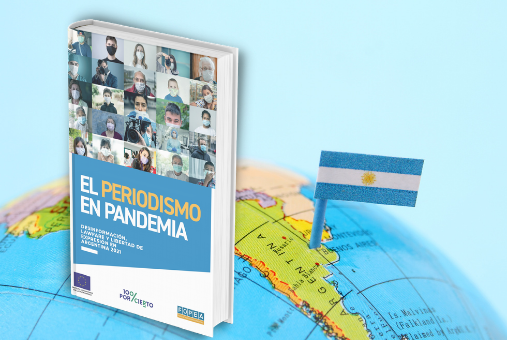
After two years of relative stability, attacks on journalists jumped 41 percent in Argentina last year and reached 82 incidents. In 2019, 58 attacks were recorded, while there were 51 in 2018. Data are from the 2020 Monitoring of Freedom of Expression Report, from the Forum of Argentine Journalists (FOPEA, for its acronym in Spanish).
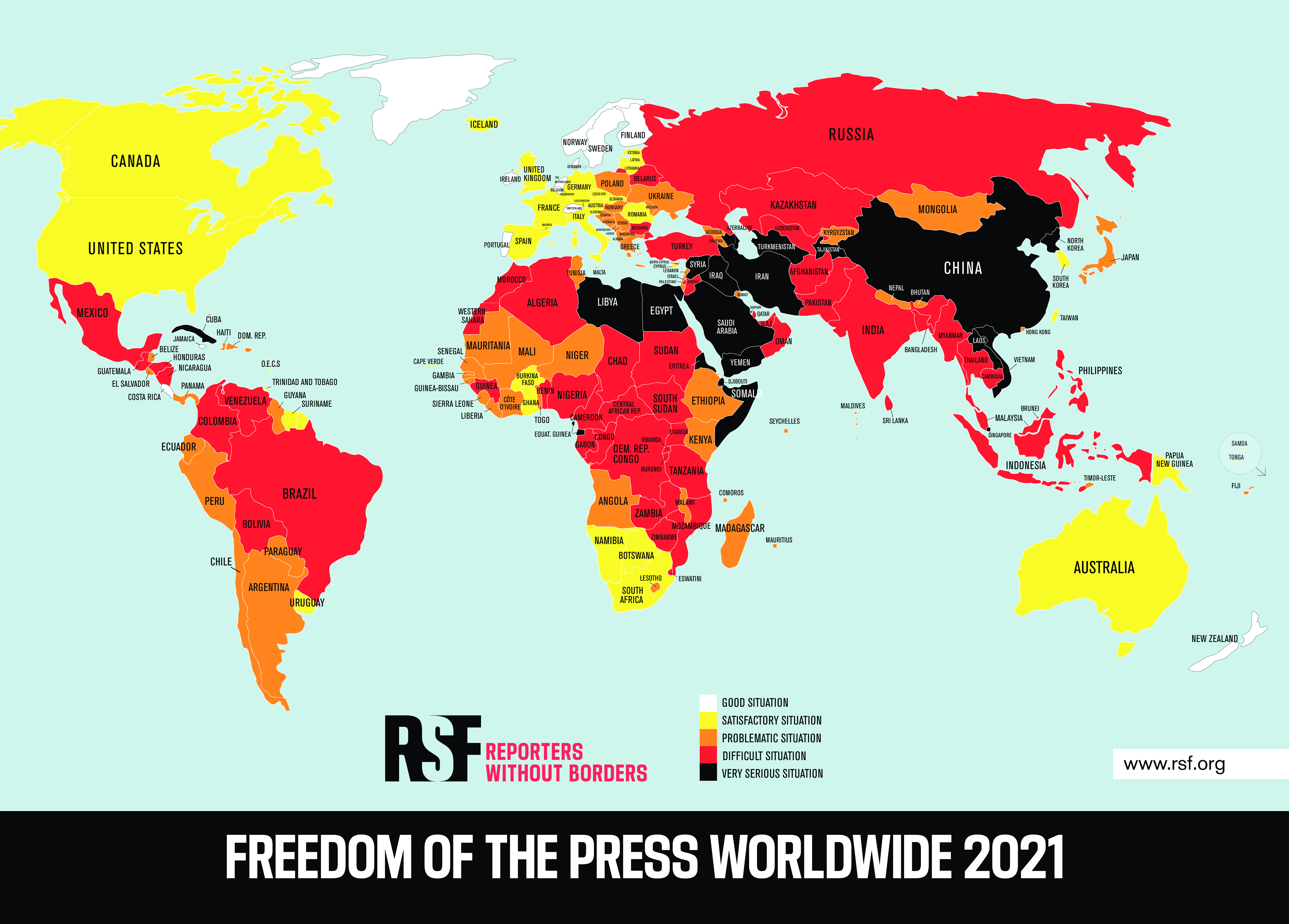
The global press freedom ranking by NGO Reporters Without Borders (RSF) confirmed a perceived trend in Latin America: a general worsening of conditions for the exercise of journalism on the continent. Of the 24 countries in the region analyzed, 19 lost points in the RSF survey.
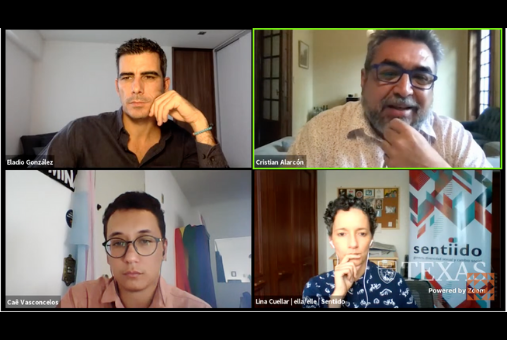
Panel on sexual orientation of the First Latin American Conference on Diversity in Journalism, talks about sexual diversity in journalism as the intersection between gender, race and social class.

Fact-checking has little capacity to impact people's opinions, but increases the cost of disseminating, on the internet, something that has already been categorized as false.

With social distancing rules, control over who asks questions –and when they’re asked– has increased in Latin America and the Caribbean.